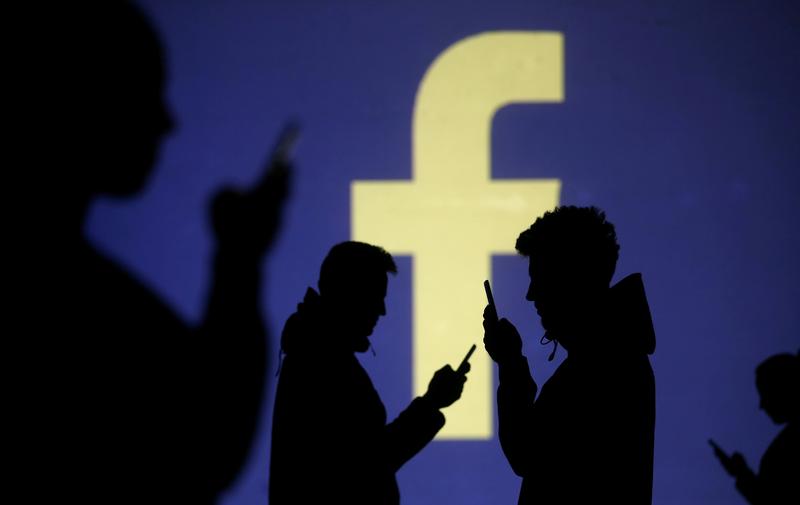Burmese civil society groups on Wednesday welcomed a commitment by Facebook Chief Executive Mark Zuckerberg to increase efforts to curb messages inciting violence, but urged the social media giant to deploy more resources in the Southeast Asian country.
Zuckerberg said on Tuesday his company would step up efforts to block hate messages in Burma as he faced questioning by the US Congress about electoral interference and hate speech on the platform.
Facebook has been accused by human rights advocates of not doing enough to weed out hate messages on its social media network in Burma, where it has become a near-ubiquitous communications tool following the opening up of the economy.
“This is a historic commitment from Facebook to a 24-hour review time, and one we have been begging for,” said Yangon-based social media analyst Victoire Rio, of Zuckerberg’s commitment to remove within a day posts that may spur violence.
“It is still unclear how they intend to demonstrate that they are meeting these targets. … We will continue to monitor them,” said Rio, who was involved in an email exchange between Zuckerberg and several Burmese civil society groups on Facebook’s effectiveness in detecting and curbing hate speech.
Nearly 700,000 Rohingya have fled Burma’s Rakhine State and crossed into Bangladesh since insurgent attacks sparked a security crackdown last August.
The United Nations and the United States described the situation as ethnic cleansing, an accusation that Burma denies.
“What’s happening in Myanmar is a terrible tragedy, and we need to do more,” Zuckerberg said during a five-hour joint hearing of the Senate Commerce Committee and Senate Judiciary Committee.
United Nations officials investigating a possible genocide in Burma said last month that Facebook had been a source of anti-Rohingya propaganda.
Marzuki Darusman, chairman of the UN Independent International Fact-Finding Mission on Burma, said in March that social media had played a “determining role” in Burma.
“It has … substantively contributed to the level of acrimony and dissension and conflict … within the public. Hate speech is certainly of course a part of that. As far as the Myanmar situation is concerned, social media is Facebook, and Facebook is social media,” he said.
[related]
Zuckerberg said Facebook was hiring dozens more Burmese-language speakers to remove threatening content.
“It’s hard to do it without people who speak the local language, and we need to ramp up our effort there dramatically,” he said, adding that Facebook was also asking civil society groups to help it identify figures who should be banned from the network.
He said a Facebook team would also make undisclosed product changes in Burma and other countries where ethnic violence was a problem.
But Jes Petersen, chief executive of Yangon-based Phandeeyar, which helped Facebook translate its Burmese-language community standards, said Zuckerberg’s commitment would not be enough for a country with nearly 30 million users.
“It is not even close. It will be interesting to see how Facebook meet their 24-hour commitment here — but a mammoth expansion of Burmese-speaking staff is going to be needed.”



